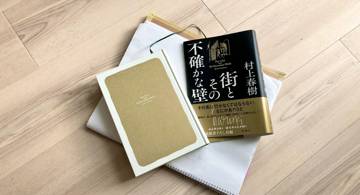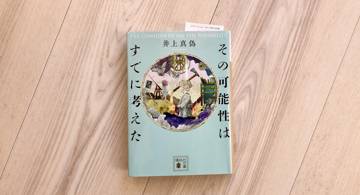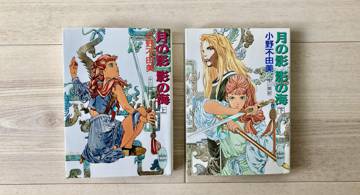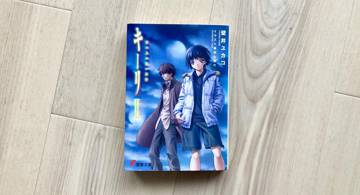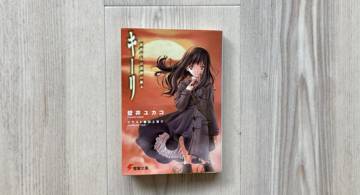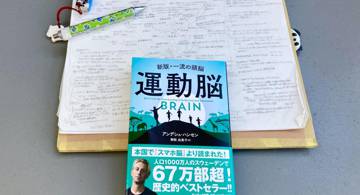Overview
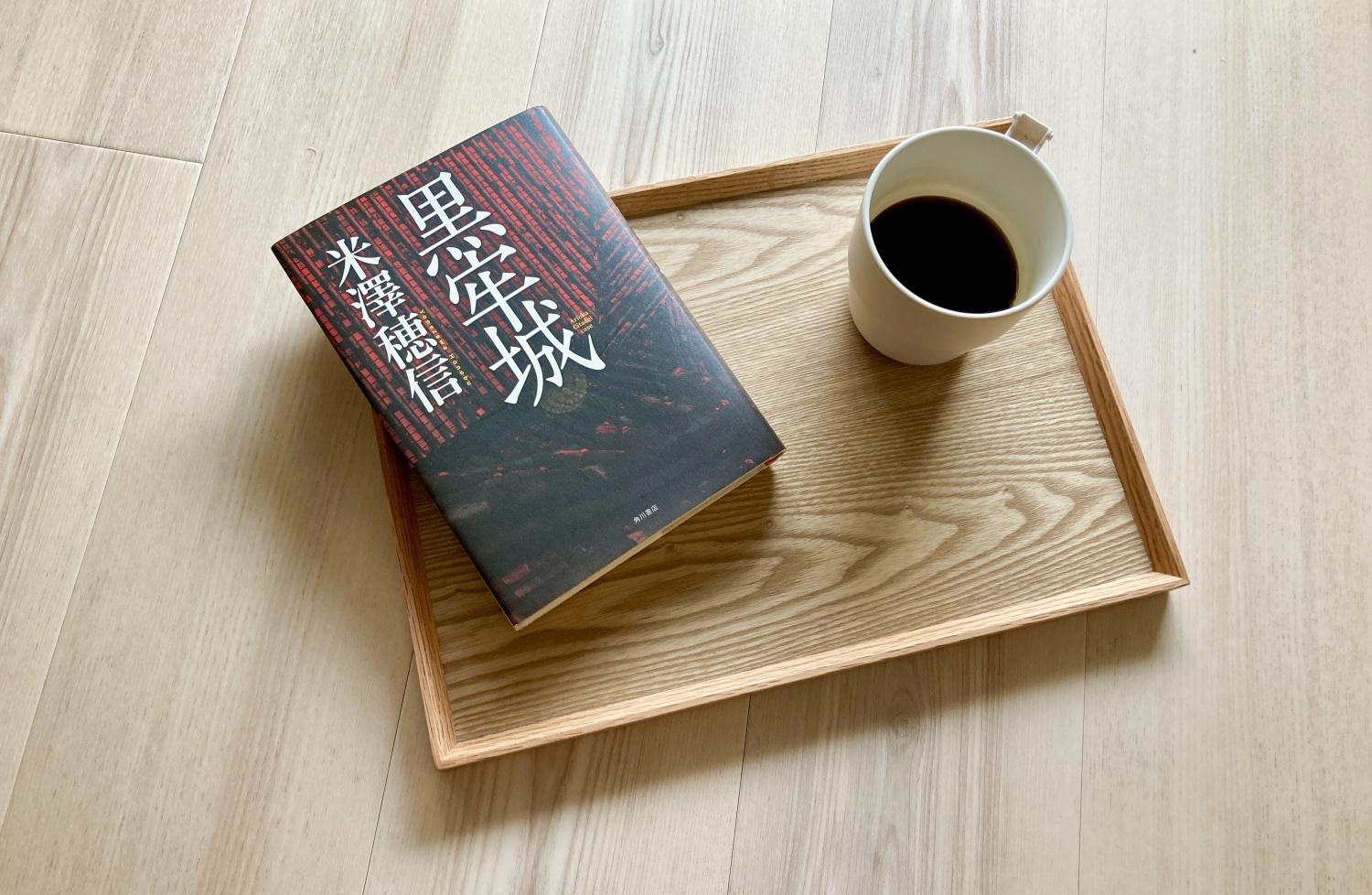
I've just finished reading Yonezawa Honobu's "Arioka Citadel Case," one of the winners of the Naoki Prize in 2021. My dear roommate is a fan of Yonezawa, so the book's going to them next. Here's a summary and my thoughts.
Summary
- The story is based on the 1578 battle at Arioka Castle.
- Araki Murashige, the Governor of Settsu, rebelled against Oda Nobunaga.
- The strategy was to fortify at Arioka Castle, wait for the Mori forces, and annihilate the Oda forces in a pincer movement.
- However, while under siege, several murder incidents happen. Araki Murashige is a wise and calm leader, but even he can't solve these challenging puzzles. Time for Kuroda Kanbei, who is confined underground, to step in.
- Murashige, who seems to be the Watson of this tale, also has a mystery surrounding him. He doesn't kill hostages when it's the norm to do so at that time.
- Kuroda Kanbei ominously prophesizes that acting against the world's norms will bring about a chain of events, a karmic cycle. And as we know, things don't go well for Arioka Citadel…
Thoughts
- At first, I thought it was a historical novel, but suddenly the mystery kicks in, making it an exciting work that had me thinking, "Suddenly, it turned into a Houshin Yonezawa story."
- My favorite parts noted below↓
- Kuroda Kanbei: If you do something against the customs of this world, fate will come around.
- (Murashige): It's rude to enter the inner room without being introduced by someone else. However, I reconsider, thinking it's understandable since they must be quite agitated. → Murashige is really generous.
- Murashige: How foolish. Equip yourself with good armaments. Even if it doesn't work out, you should have the ingenuity to bring out a spear from the armory. → But he is strict with those who are not competent.
- (Narration): The garden has yet to be attended to. (omitted) For now, only a Kasuga lantern is placed haphazardly. The garden is covered with snow, and white snow is piling up on the Kasuga lantern as well. → I really love this description. The order of the descriptions "There is a garden" and "Snow is piled up there" is excellent, making me imagine a garden where snow suddenly piles up.
- I thought it was mainly divided into mysteries in each chapter and Murashige's mystery throughout the book, but they were entirely different kinds of mysteries. No wonder, since the mystery about Murashige is actually a mystery in history. The motive behind the Battle of Arioka Castle is not well understood.
- It took me 8 hours to read it. I thought I could finish it in the afternoon of my day off while sipping some coffee. After all, it's Houshin Yonezawa; known for an easy-to-read writing style and being a mystery author (at least that's my image of him from his book featuring Midori). So I thought I could finish it in a few hours in the afternoon. But lo and behold, because it's a historical piece, the words and proper nouns were pretty challenging, and it took me longer than expected. I've listed the words I didn't know at the bottom.
Words I didn't know
- 普請: fushin. Construction work.
- 夫丸: fumaru. A handyman or general worker.
- 伴天連: bateren. A Japanese person converted to Christianity.
- 後難: kounan. Future disasters or calamities.
- 鈍根: donkon. A fool or idiot.
- 近習: kinju. A person serving closely under a lord.
- 粗略: soryaku. Carelessness or shoddiness.
- 粗忽: sokotsu. Negligence.
- 莞爾: kanji. Slightly or faintly.
- 炊ぐ: kashigu. Hard to read, but it means "to cook".
- 盤踞: bankyo. To sit or remain in place for a long time.
- 茵: shitone. Something like a cushion or futon.
- 瞋恚: shin'i. Anger or fury.
- 剽悍: hyoukan. Quick and strong.
- 諧謔: kaigyaku. Humor.
- 生害: shougai. Suicide.
- 廻向: ekou. Praying for someone's happiness in the afterlife.
- 烏滸: oko. Stupidity or nonsense.
- 一両日: ichiryoujitsu. One or two days.
- 讒言: zangen. Slander.
- 逐電: chikuden. To disappear or go missing.
- 懈怠: ketai. Laziness.
- 詮議: sengi. Interrogation of a criminal.
- 襤褸: boro. Tattered clothes.
- 陪臣: matamono. A servant of a servant.
- 無聊: buryou. Boredom.
- 図に当たる: zuniataru. To go according to plan.
- 調練: chouren. Training of soldiers.
- 自若: jijaku. Unperturbed.
- 俚諺: rigen. Folk sayings or proverbs.
- 無曲: mukyoku. Boring or uninspiring.
- 花押: kaou. A signature mark.
- 譴責: kenseki. The lightest form of disciplinary action.
- 陋屋: rouoku. A shabby house.
- 衒う: terau. To show off.
- 鯨波: toki. Noises like "eiei" or "ou."
- 床几: shougi. A long bench or seat.
- 仕儀: shigi. The way things turn out.
- 数寄屋: sukiya. A tea room.
- 周章: shuushou. Being flustered or agitated.
- 蘭奢待: ranjatai. A type of fragrant wood located in the Shosoin Repository of Todaiji Temple.
- 思料: shiryou. Thinking or pondering.
- 驟雨: shuuu. A sudden rain.
- 温気: unki. Warm air.
- 名にしおう: nanishiou. Being famous.
- 壟断: roudan. Monopoly.
- 払暁: futsugyou. The time just before dawn when it starts getting light.
- 反故紙: hogogami. Waste paper or spoiled paper.
- 平仄が合う: hyousokugau. To be consistent or logical.
- 増上慢: zoujouman. Arrogantly thinking you've achieved enlightenment when you haven't.
- 遷化: senge. The death of a monk.
- 盂蘭盆会: urabone. A Buddhist event around the time of Obon.
- 施餓鬼会: sekakie. Another event around the same time.
- 警蹕: keihitsu. Clearing the road for a high-ranking person's passage.
- 咳き: shiwabuki. It means cough. Just say cough.
- 悄然: shouzen. Being disheartened or downcast.
- 掣肘: seichuu. To obstruct or hinder.
- 俎上: sojou. Literally "on the chopping board," implying vulnerability.
- 鞆: tomo. Part of the equipment used in archery.
- 干戈: kanka. Weapons in general.
- 三寸不爛: sanzunfuran. Being very eloquent.
- 阿房宮: aboukyuu. A palace built by Emperor Qin Shi Huang of the Qin Dynasty.
- 閑却: kankyaku. To neglect or disregard.
- 泉下: senka. The world of the dead.
- 知音: chiin. A close friend or confidant.
